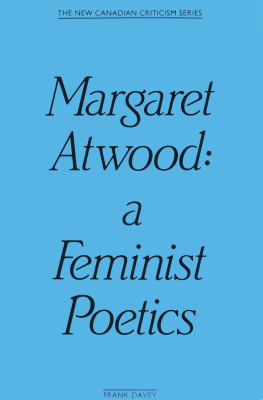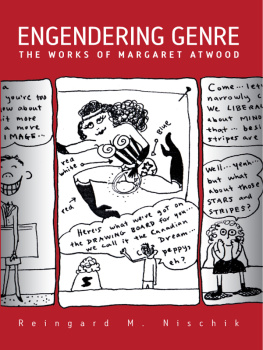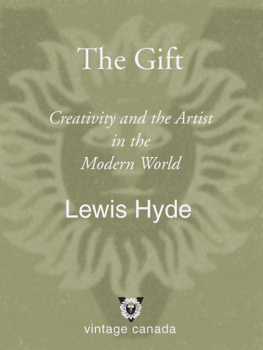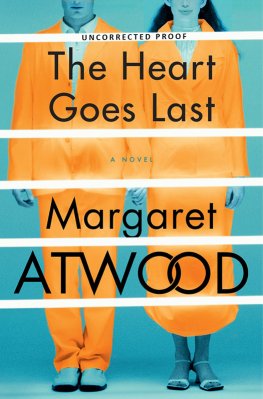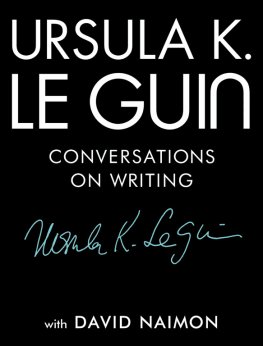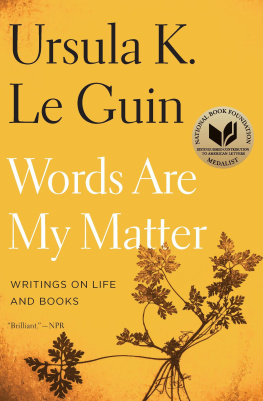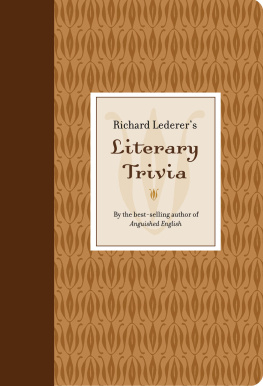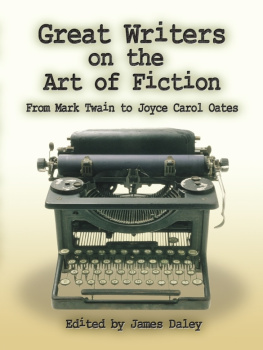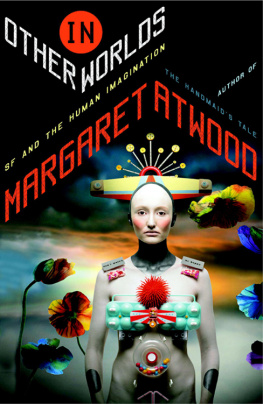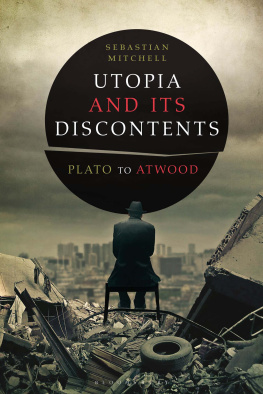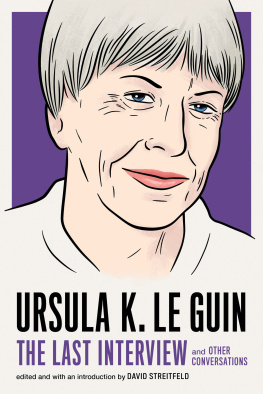

Copyright 2014 Tin House Books
Introduction copyright 2014 Jon Raymond
Additional copyright information can be found on pages 194-195.
All rights reserved. No part of this book may be used or reproduced in any manner whatsoever without written permission from the publisher except in the case of brief quotations embodied in critical articles or reviews. For information, contact Tin House Books, 2617 NW Thurman St., Portland, OR 97210.
Published by Tin House Books, Portland, Oregon, and Brooklyn, New York, in collaboration with Literary Arts, Portland, Oregon
Distributed to the trade by Publishers Group West, 1700 Fourth St., Berkeley, CA 94710, www.pgw.com
ISBN 978-1-935639-97-8 (eBook)
First US edition 2014
Interior design by Diane Chonette
www.tinhouse.com
www.literary-arts.org
CONTENTS
JON RAYMOND
Does writing matter?
Lets assume for a second that it doesnt. Writing of the literary varietypoetry, fiction, nonfiction, all of itpersists as a marginal cultural activity, at best. It doesnt generate much in the way of wealth, or almost anything in the way of usable technical knowledge for humankind. Eclipsed long ago by film and television, eclipsed again by interactive gaming technologies, the well-wrought verses, long-form narratives, and digressive essays of quote unquote literature are by now boutique luxury items, spun for elite buyers, going the way of chamber music and the regional ballet company. Mostly its ladies who dig it.
A basic indifference to serious writing has probably always been the de facto attitude in our culture and has manifested over the years in many forms and with many shadings. Theres the bedrock know-nothing-ism of the silent majority who never recovered from the oppression of high school English class; theres the countercultural antielitism thats often just anti-intellectualism in disguise, always ready to dismiss anything a book could teach; theres the idea of good writing as, pace Dick Cheney on the topic of conservationism, a private virtue but not a matter of public concern. Good for you, youre in a book club; I prefer this copy of Sports Illustrated. And now, added to the various postures of disregard, is a new typologythe barely covert contempt of our overlords, the engineers of the Internet. The New York Times recently profiled a Silicon Valley entrepreneur who had this to say about the secret of his success: If you cant measure it, youre asking the wrong questions. Such is the metric-based mentality that dominates our world and shapes our postliterary future.
This book is a rebuttal to all that. Literary Arts, an organization founded in 1984, is a bulwark of bookish culture devoted expressly to the proposal that writing does in fact matter. Beginning as a lecture series, in 1993 it joined forces with a sympathetic organization called the Oregon Institute of Literary Arts, founded by Portland lawyer Brian Booth and a group of Oregon writers including Ken Kesey, Ursula K. Le Guin, William Stafford, and Barry Lopez. Together, the fused institutions concurred on a basic, happy mission: namely, to honor and encourage good writing under the presumption that the fruits of the local imagination are a resource on par with Douglas fir trees and marionberries, something to cultivate and protect.
Over the years, Literary Arts has grown into a multipronged nonprofit advocating for writers and writing on numerous fronts. Every year it presents the Oregon Book Awards, an honorific that serves as a main focal point for the local writing community. Every year it delivers fellowships to local writers in the throes of their unfinished work (over $700,000 to over five hundred writers and publishers, as of this writing). It also administrates Writers in the Schools, a residency program placing professional writers in public high school classrooms around the city, as well as organizing teen readings and poetry slams in off-campus locales. And, most famously, it curates Portland Arts and Lectures, bringing some of the worlds most notable writers to Portland to share their thoughts before audiences in a gigantic, gilded, Italian rococo revivalstyle auditorium.
This book is a collection of some of those talks. Does writing matter? Find here if not proof then at least some highly convincing anecdotal evidence in support of the proposition. These essays take for granted that serious writing and serious reading are fundamental to life. They dont constitute a defense of literature per sewhod want to go to the barricades for a word as abstract and high-minded as that?but instead simply perform the very activity Literary Arts was designed to promote, i.e., the passionate engagement of the human soul with the written word. Open these pages and witness professionals at work. This is how we think clearly. This is how we describe vividly. This is how we moralize deeply. This is how we figure out our politics. This is how we perform all those mental activities that never lose relevance or value, no matter the platform, be it papyrus or a plasma screen.
Some things you have to look forward to in these pages: Wallace Stegner, late in his career, speaking with great honesty and humility about the writing of Crossing to Safety and the ongoing adventure of improvising a writing life. Marilynne Robinson, angry and unbowed, preaching with fiery moral clarity on the experience of beauty in contemporary society. Edward P. Jones, on the heels of publishing The Known World, waxing wise and self-aware about the wellsprings of his inspiration. Uniting all these writers is a sense of profound modesty in the face of writings daily difficulty and mystery, and joyful identification as lifelong students of language, history, and human behavior. Over and over again, they genuflect to writing as the visible struggle of humans engaged in moral reflectionindeed, as the very index of consciousness understanding itself. As Robert Stone states, with blazing simplicity: Storytelling is not a luxury to humanity; its almost as necessary as bread. We cannot imagine ourselves without it, because the self is a story. Amen.
Its truethe universe would survive without decent writing, much as it did for a trillion or so years before writing was born. And its true that the vast majority of people on earth will continue to live full, eventful lives without the benefit of Jane Austen or W. S. Merwin. But by this reasoning, you could also argue that almost nothing matters. (Or, rather, you could argue that if you knew how to write well.) People can live without basketball, domestic pets, and real butter, too. If the question is simply one of literal survival in its ultimate sense, eating twigs in the wilderness or Pringles in front of the Xbox, we can survive with almost nothing, weve demonstrated that. For those who want to live in a deeper, funnier, wilder, more troubled, more colorful, more interesting way, a way in which not only writing matters but also beauty, memory, politics, family, and everything else, put on your reading glasses and turn the page. Your people have something to tell you...
CHIMAMANDA ADICHIE
May 3, 2012
Id like to start with what Ill call a cultural history of my writing, which is also the story of the house in which I grew up. So Id like to start by talking about bagels. As a child in Nigeria, I once read an American novel in which a character ate something called a bagel for breakfast. I had no idea what a bagel was, but I thought it sounded very elegant, and very exotic. I pronounced it ba-
Next page

